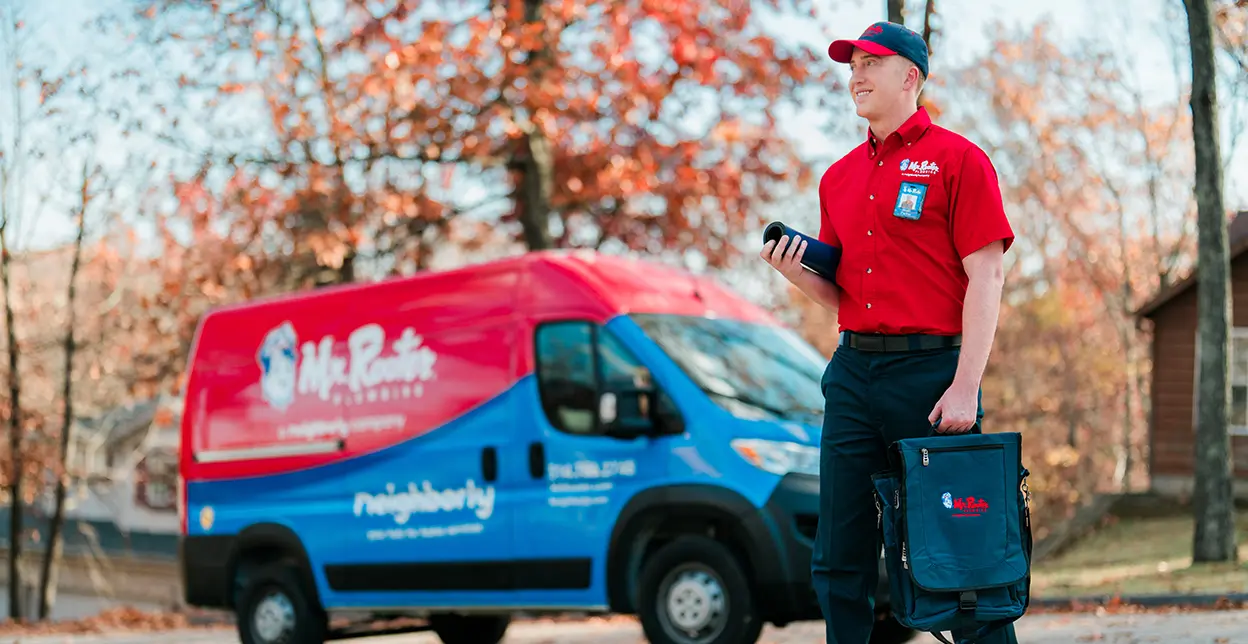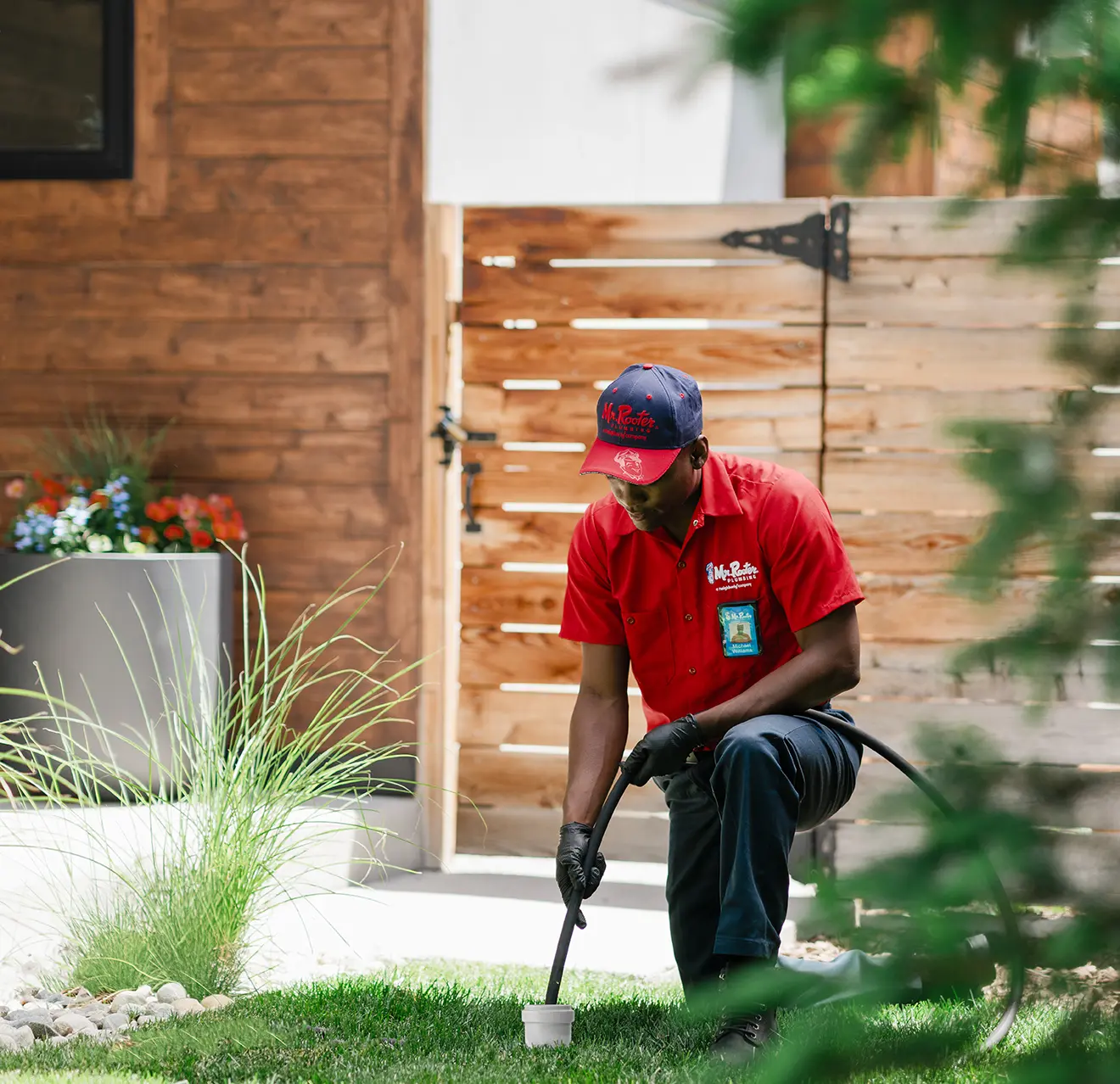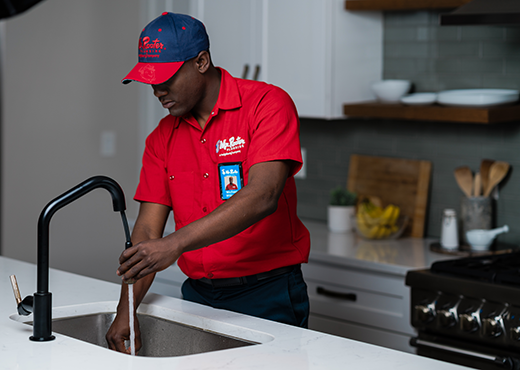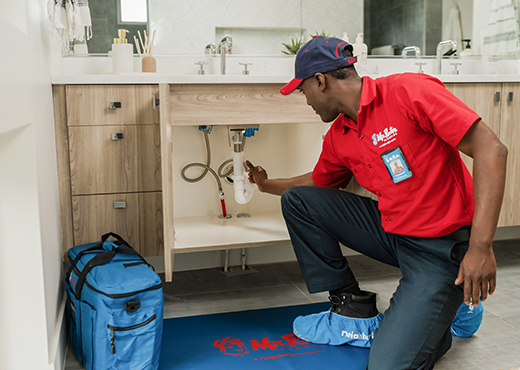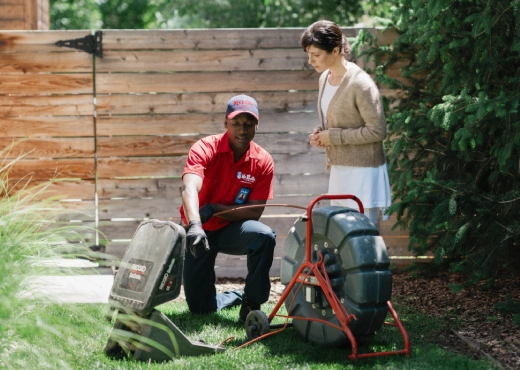Common causes of sewer backups include:
Clogged Pipes
One of the most common causes of sewer backups is clogged pipes. Over time, debris such as toilet paper, hair, soap scum, and grease can accumulate in the pipes, leading to blockages. These blockages restrict the flow of wastewater, eventually causing backups.
Old Sewer Systems
Aging sewer systems are more prone to backups. As pipes deteriorate, cracks, fractures, or collapses can occur. These structural issues can allow tree roots, soil, and other materials to infiltrate the sewer lines, leading to obstructions and backups.
Improper Disposal of Waste
Flushing inappropriate items down the toilet or pouring grease and oil down the drains can contribute to sewer backups. Baby wipes, feminine hygiene products, paper towels, and non-biodegradable materials should never be flushed as they do not break down.
Gutters, Downspouts, and Sump Pumps Routed Into the Sewer
Improperly routed gutters, downspouts, and sump pumps that discharge into the sewer system can overwhelm it, leading to backups. It is essential to ensure that these systems are directed away from the sewer to prevent excessive water flow.
